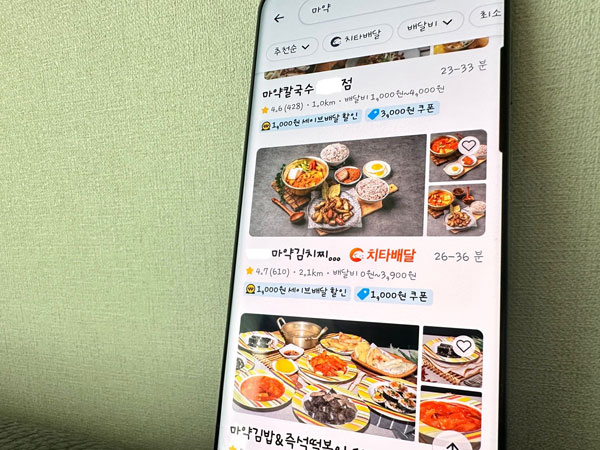A local government limits drug marketing

[Drug Marketing. Photo Credit to Catrina Cho]
Ulsan Metropolitan City had established an ordinance for limiting “drug marketing” on July 11th.
This is the second case in South Korea after Seoul proposed a similar ordinance.
Son Myoeng-hee, the councilor who proposed this ordinance, stated that "Using drug-related terminologies indiscreetly increases the possibility of child and teenager to be familiarized with drugs. The ordinance is proposed to change the social perception and culture and to protect citizens from the access and use of drug-related shop names and product names.”
However, there are currently contrasting opinions towards it.
While some think that it is not necessary to ban drug marketing by law, others argue that banning it should be imperative now as drug problems are being worsened.
In fact, the prohibition of drug marketing is definitely not a simple problem.
According to the Ministry of Public Administration and Security, there are currently 194 restaurants in Korea that have “drug” in their shop name.
“Mayak Gimbap” of Gwangjang traditional market in central Seoul is known as the start of this “drug marketing.”
Currently, multiple kinds of foods are being marketed with drug-related words, such as “mayak gimbap,” “mayak corn,” or “mayak tteokbokki.” The Korean word “mayak” means drug.
Of course, phrasing and wording with drug-related words does not necessarily mean that those objects -or foods in this case- contain actual drugs or have a similar look to drugs.
In fact, it became a trendy adjective when describing or praising the food’s irresistible and addictive taste.
However, this can prompt children and teenagers to be familiar with drugs, tearing down their wariness towards drugs.
In other words, it is a concern for children as they become desensitized to drug issues.
This is also related to drug offenders’ age range being gradually younger.
According to Supreme Prosecutors’ Office’s data, the number of teenage drug offenders that had been reported in 2022 was 481, which had increased by 4 times within 5 years.
Moreover, a rapid rise in drug offenses had reached 18,395 offenders.
In fact, Korea was known as a relatively drug-free nation.
Amid this rapid increase in drug offenses, the local government proposed this ordinance to ban these ongoing drug marketing.
However, experts are being skeptical about the effectiveness of this prompted ordinance, asserting that Uslan’s ordinance is proposed only as a recommendation, instead of being compulsory.
In the current situation, the only local government that has an ordinance that bans drug marketing is Seoul.
For additional information, the Seoul City Council enacted this ordinance last March.
Bong Jun Lee, a councilor of the Seoul City Council, stated that since law revision is necessary in order to limit the use of drug-related store names, their first step was to enact Seoul’s ordinance so that Seoul City would campaign and support the budget for it.
Currently, the National Assembly is assessing the revision of the relevant laws for Ulsan Metropolitan City’s proposed ordinance, but the revision is undergoing slow parliamentary deliberation.
Lee Eun Hee, a professor at Inha University, criticized that these current drug-related problems should definitely be prepared beforehand, regardless of the resistance of small business owners.

- Catrina Cho / Grade 10
- Saint Paul Preparatory Seoul

![THE HERALD STUDENT REPORTERS [US]](/assets/images/logo_student_us.png)
![THE HERALD STUDENT REPORTERS [Canada]](/assets/images/logo_student_ca.png)
